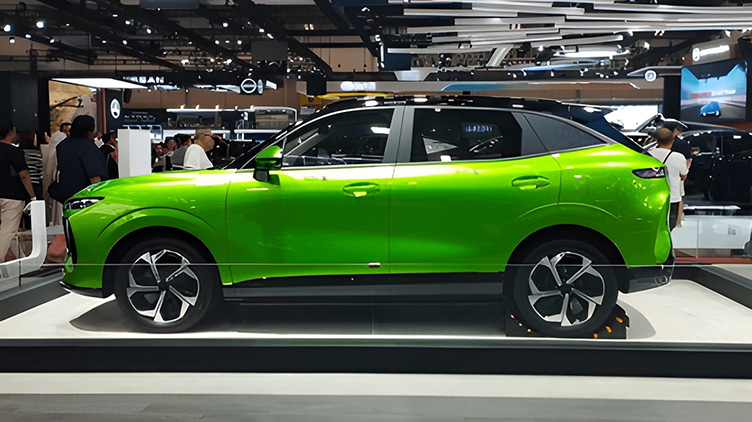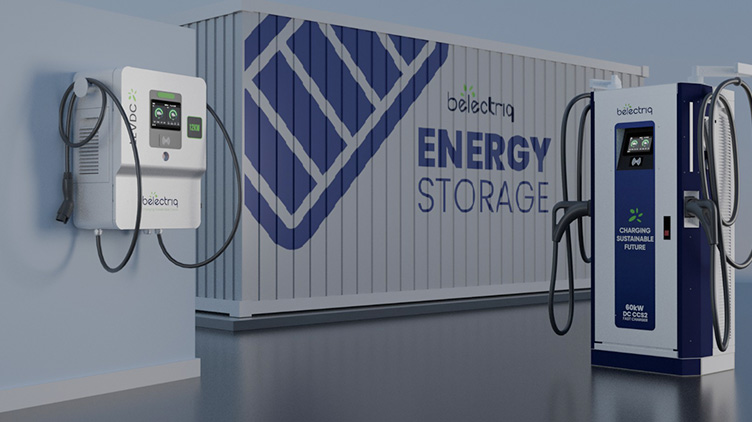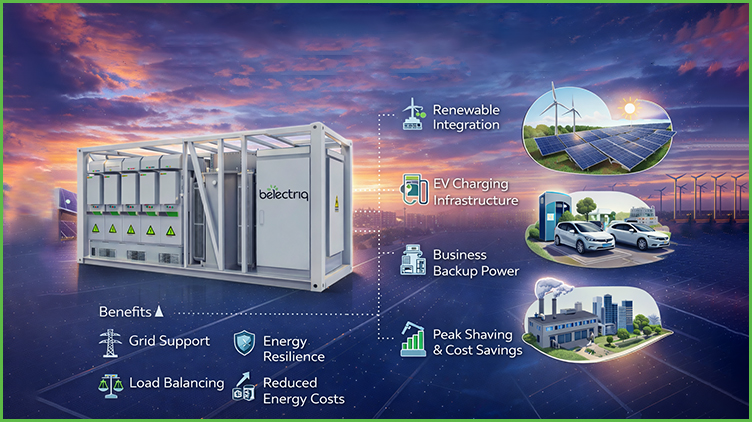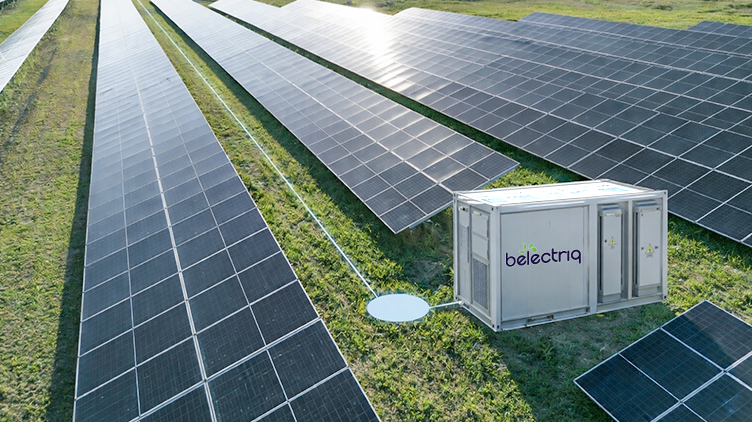Q1. What policy change has Indonesia announced regarding EV imports?
Indonesia’s Industry Ministry has announced that by 2026, incentives for completely built-up (CBU) imported EVs — such as duty breaks and luxury sales tax reductions — will be removed. The focus will shift entirely to local production through CKD (Completely Knocked-Down) programs.
Q2. Why is this decision significant for global automakers?
This move is not just about ending import perks — it’s a strategic shift that forces global EV makers to either localise production in Indonesia or risk losing access to one of Southeast Asia’s most promising EV markets.
Q3. How will this impact businesses that rely on exports to Indonesia?
There are three major challenges for pure exporters:
- Rising Costs Post-2026: Without incentives, CBU EVs will become significantly more expensive and may be priced out of reach for many consumers.
- Loss of Competitive Edge: Brands that used imports to test the market will lose price competitiveness against local producers.
- Strategic Deadline Pressure: Automakers now have less than two years to decide — invest in local assembly facilities or face exclusion from the market.
Q4. Are there opportunities hidden within this policy shift?
Yes — beyond the challenges, the policy opens up several opportunities:
- The Great Localisation Race: Automakers like Hyundai, Wuling, BYD, and NETA who localise production early will gain a strong advantage.
- Early Mover Rewards: Hyundai’s local plant in Cikarang is already positioned to benefit as competition thins out.
- Niche Market Play: Exporters may pivot to high-end luxury EV imports, where buyers value exclusivity over cost.
- Supply Chain Growth: Increased demand for CKD kits and local content will boost opportunities for battery makers, parts suppliers, and tech firms in Indonesia.
Q5. What is the Indonesian government’s strategic goal with this move?
Indonesia is playing a calculated industrial strategy, aiming to:
- Attract FDI and Technology Transfer: Forcing automakers to invest in local facilities and share know-how.
- Build a Domestic EV Ecosystem: Strengthening local suppliers, battery production, and overall EV capabilities.
- Protect and Nurture Local Industry: Giving domestic producers like Hyundai and Wuling a head start before global competitors flood the market.
Q6. What does this mean for the future of EV businesses in Indonesia?
The message is clear: Adapt or exit. Companies that localise will be well-placed to ride Indonesia’s EV boom. Those that continue relying on exports risk being sidelined. The next two years will be decisive in shaping long-term winners and losers in the Indonesian EV market.





Leave a Reply